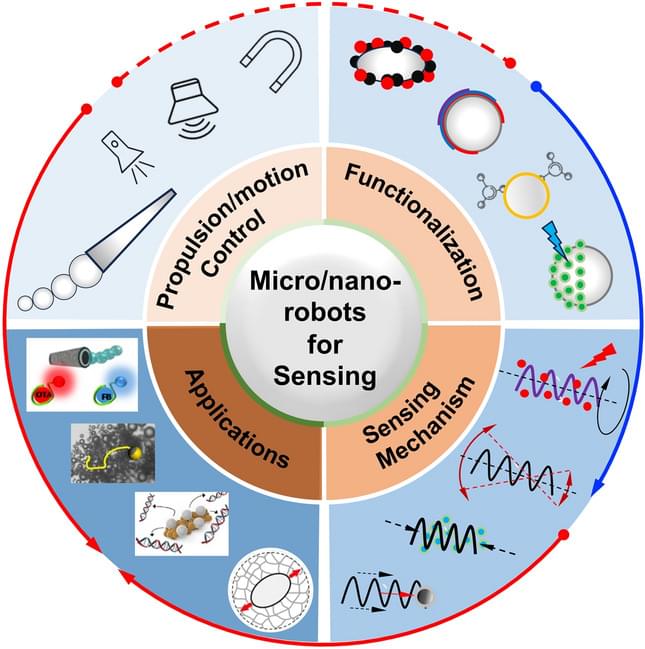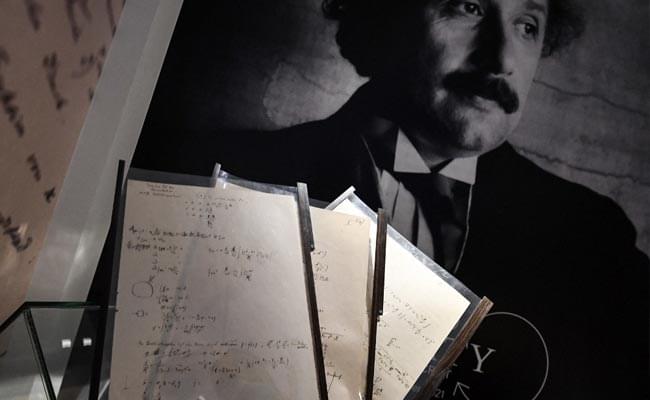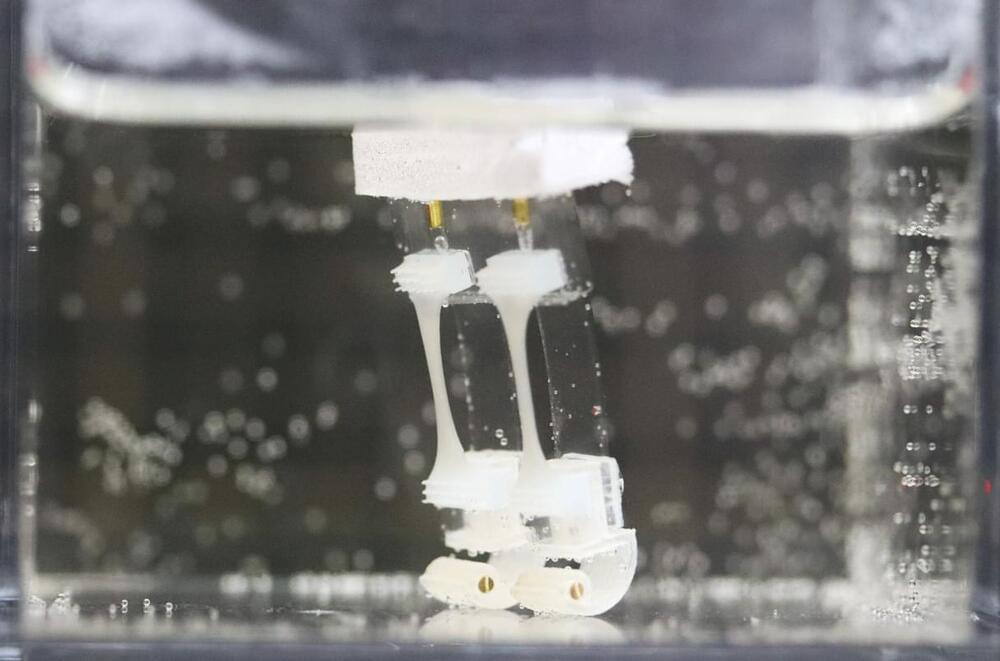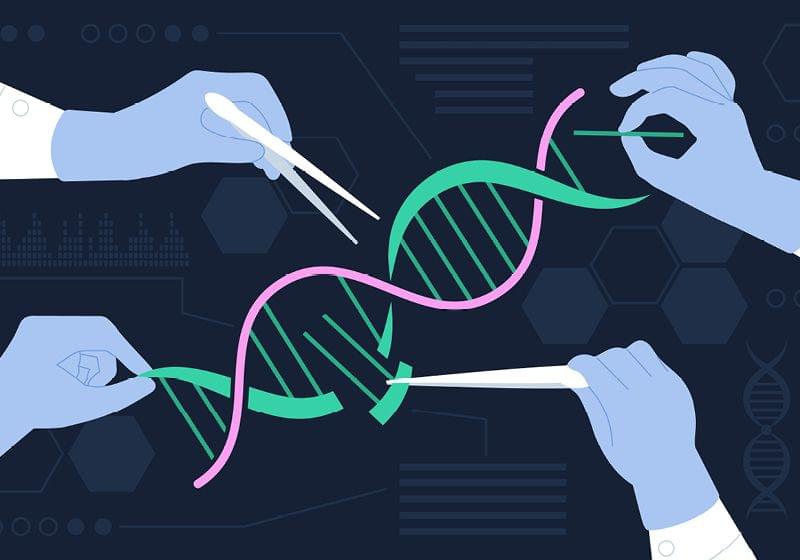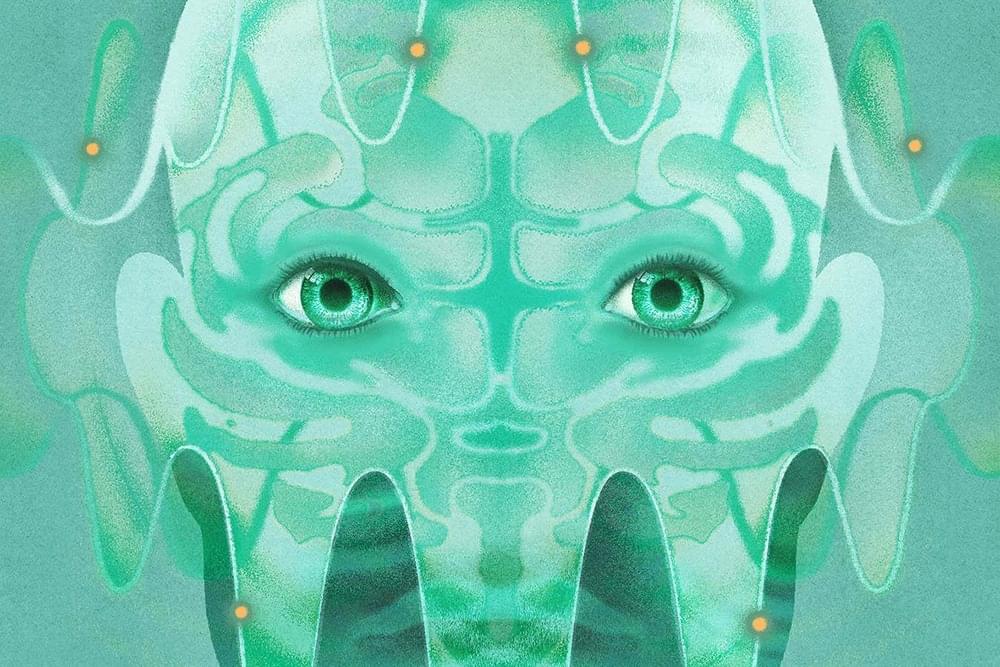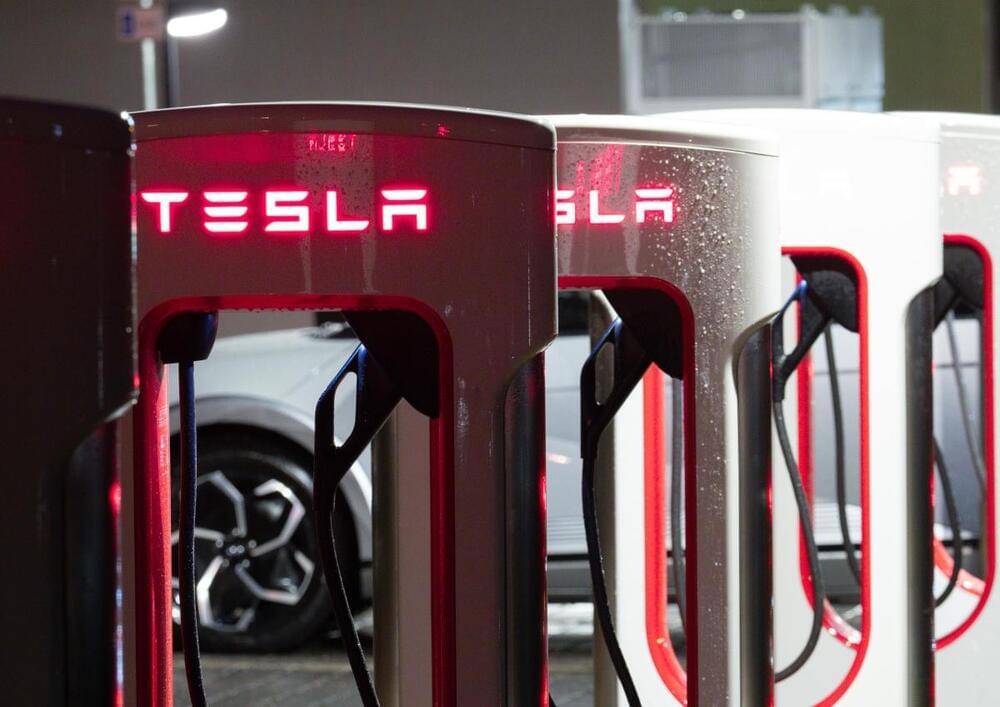Patients with takotsubo syndrome in a new study had elevated cardiovascular and noncardiovascular death rates. Inhibitors of the renin-angiotensin system were the only cardiovascular medications associated with reduced risk.
In takotsubo syndrome (TS) — also called stress cardiomyopathy or broken heart syndrome — long-term mortality is elevated, similar to that after acute myocardial infarction (AMI), but for unclear reasons. Additionally, evidence-based therapies are lacking for TS. To explore causes of death and the effects of heterogeneous therapies for TS, investigators in Scotland compared outcomes between 620 patients with TS, 620 matched patients presenting with AMI, and 2,480 matched individuals from the general population. Median follow-up was 5.5 years.
Among patients with TS, all-cause mortality was higher compared with the general population (hazard ratio, 1.8), both for cardiovascular causes (HR, 2.5) and noncardiovascular causes (HR, 1.5), but was lower compared with patients with AMI (HR, 0.8). Patients with TS were prescribed cardiovascular and noncardiovascular medications at similar rates to those with AMI. Use of diuretics, anti-inflammatory agents, and psychotropic agents were associated with higher mortality in patients with TS, as was chronic anti-inflammatory medication use. The only medications associated with lower mortality in patients with TS were inhibitors of the renin-angiotensin system.
This study adds to the body of evidence that shows that TS is a serious condition associated with higher mortality rates than the general population but slightly lower mortality rates than patients with AMI. These findings also support evidence suggesting that inhibitors of the renin-angiotensin system are associated with improved outcomes in TS. Although this study did not show an association between beta-blocker use and lower mortality in TS, many prior studies have found such a beneficial association. So, for now I will continue treating my patients with TS with both inhibitors of the renin-angiotensin system and beta blockers.
